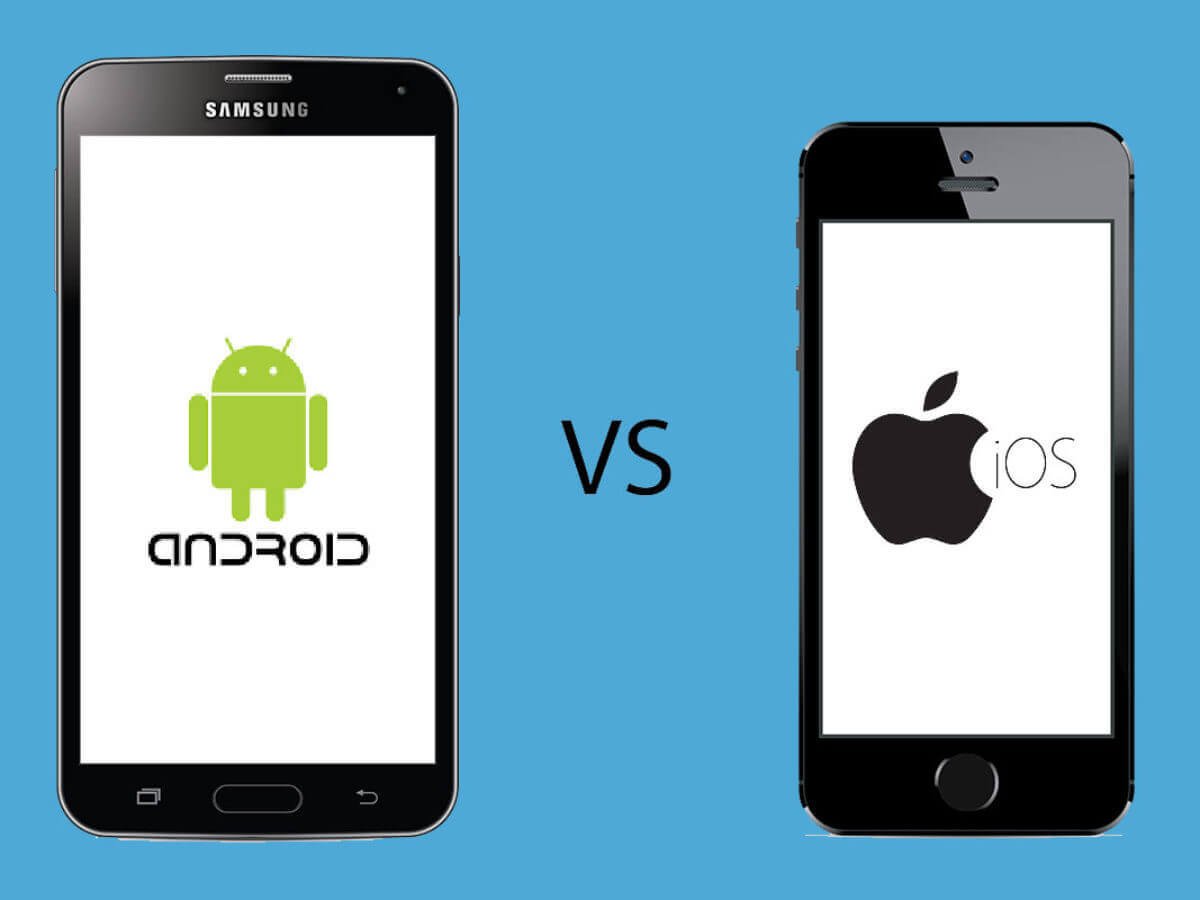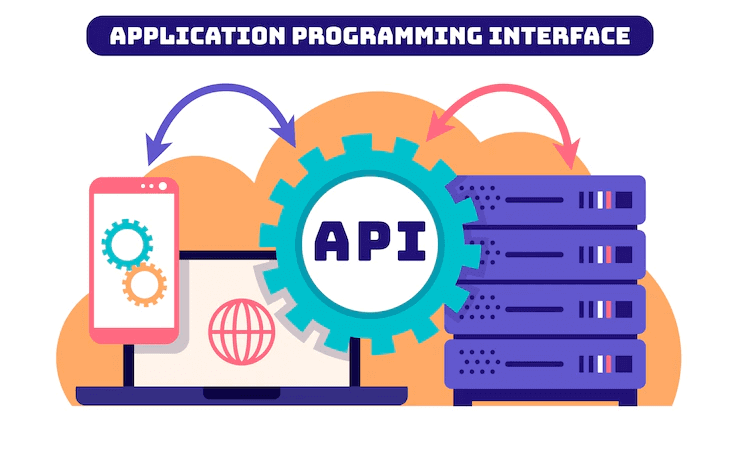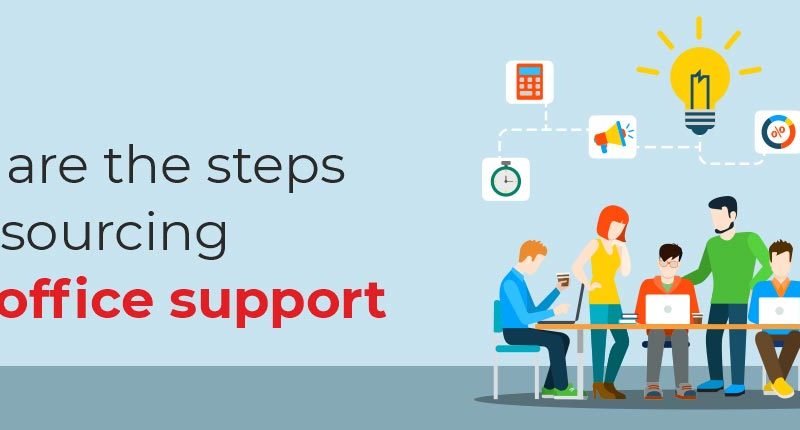The Search For The Best Business Phone: iPhone Or Android?

My cousin Frank and I have been having some big debates these past few weeks about which phone is better, iPhone or Android. Frank recently left iPhone after 4 years of dedication because he felt it was too locked up. He wanted his freedom to fit around him. My thoughts are this: After reviewing the information below, there are two types of people in this world. There are those who love to play games and waste time learning new things (which is where I used to be 20 years ago as a PC guy). So you have the business minded people who say time is money and just give me something that works and doesn’t break (Apple).
I became a Mac devotee 2 years ago because of my iPhone. I like the simplicity of the iphone and the ease of use. I also felt that after spending 5 years running a computer service and repair company, 99% of the computers were treated as slow PCs or infected with a virus.
This is the way I see an Android phone. There are several different hardware manufacturers of the same operating system. An iOS or Mac device locks your hardware and is sold only with the support of Apple. Fewer variations means fewer problems. It is true that it can be more expensive, but in the long run it saves you wasted time, which actually cost more. It also struck me that Apple continues to support their old phones from 4 years ago with updates that Android manufacturers dumped their phone support after a year. It’s a valid point!
I phone Vs Android: Which Of These Phones Has A More Practical Operating System For Businesses?
There has been a heated debate among iPhone vs Android phone users as to which is more practical for a business user. We all agree that these devices are impressive in terms of features and apps that can be downloaded from their stores. In addition, they are capable of handling various tasks that can bring comfort and efficiency to a user, which can be a great advantage for business. However, being from two different manufacturers, there are certainly some differences between the two.
To get started, let’s discuss the basic pros and cons:
1. iPhone
Pros: Pros: The iPhone has established itself as one of the smartphones available today. It was released by Apple in 2007. It has a sleek and slim design that allows its user to carry it comfortably. The main factor that makes iPhone preferable to most of the users is its user-friendly features. This is because the users can find the way to operate their system without any problem at all. The virtual keyboard is also easy to use. iPhone offers many applications as well, which can be downloaded through the Apple Store. What stands out about the new version of the iPhone (the iPhone 4) is its 960 x 640 retina display with a 329 PPI that allows it to deliver the smallest detail. The security features of this device are more stringent than the others,
Cons: Some apps offered by Apple are expensive, and modifying your operating system will automatically void your warranty. In some countries, it is restrictive in terms of network. For example, in the US, this is only available to AT&T subscribers. Until recently, Apple opened up the iPhone to CDMA providers (Sprint, Verizon, and some prepaid phone companies).
2.android
Pros: The Android unit is by far cheaper than the iPhone. The applications offered by Android are also cheap. Like the iPhone, it’s slim and sleek in design, but most come shorter in length than its counterpart. What makes it stand out from the iPhone is that its operating system is available for various computer hardware. One good thing about this device is that its manufacturer actually allows users to modify its operating system to a certain degree, without compromising its warranty, making it more customizable than the iPhone. The new Samsung Galaxy Note has a display that stands out in turn with a resolution of 800 x 1020.
Cons: One of the common problems for Android users is that their smaller units have virtual keyboards that are very small, which makes typing messages quite difficult at times, especially for people with thick fingers. So for first-time users, some may find its menu more complex than its counterpart. The screens of some units also appear smaller and their borders warp or distort the images that are displayed on the full screen. One of the problems with this device is that it seems that the Android market sometimes does not test and review the applications it offers, which results in the presence of malware in the online store.
The verdict
Based on the presented pros and cons of the iPhone and Android phones, in terms of simplicity and ease of use, the iPhone really stands out. The iPhone’s display quality remains unbeatable in terms of sharp detail. In addition, the security features of the iPhone are more difficult to penetrate. However, in terms of cost efficiency and customization, Android stands out.
In general, the iPhone is highly recommended for business users, especially the iPhone 4, based on display quality, comfort, and security. However, the choice of business users can vary depending on the needs of the company or the user. This is because if the basis of the selection is cost efficiency and customization, In Android the Samsung Galaxy Note is highly recommended.
I currently have the iPhone 4. What phone can I buy next? I want to see what happens with the iPhone 5. This will determine where I will make my next purchase. Honestly, I’m staking my trust that Apple simplifies everything into a need to know and I’m patiently waiting and not getting all the products at once.






